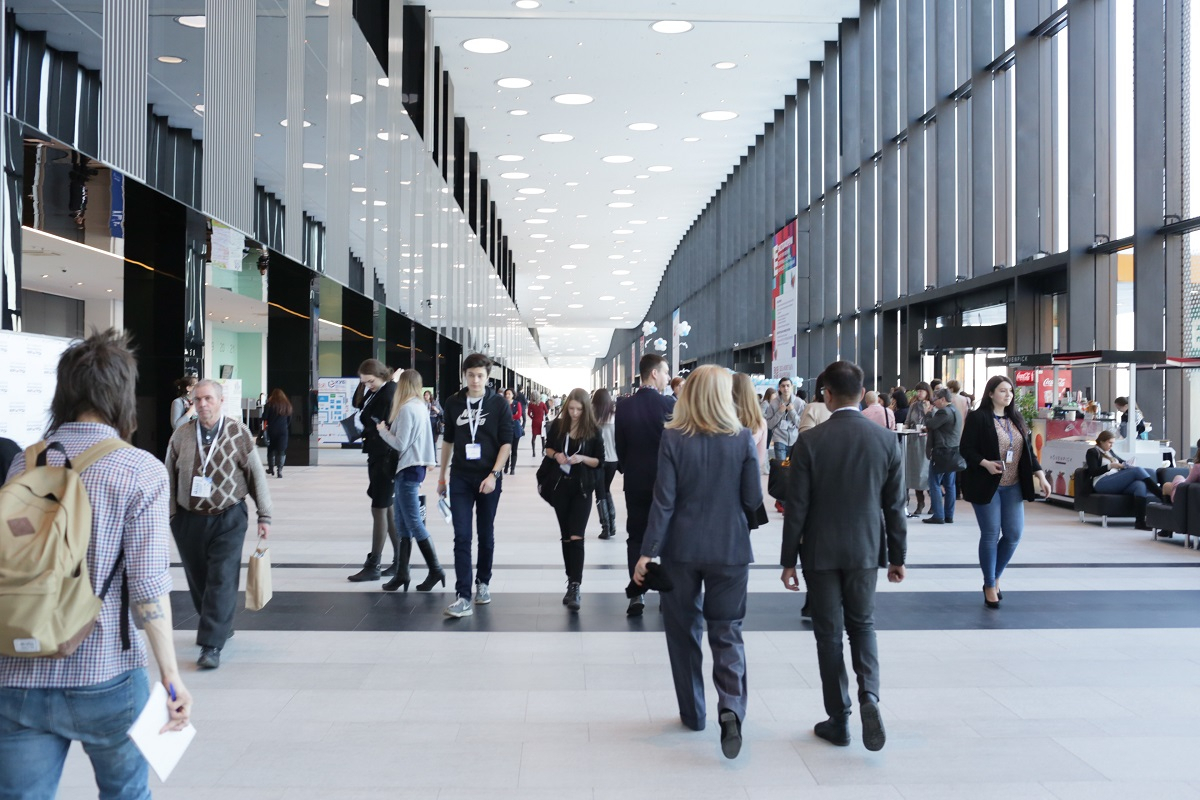St Petersburg University psychologist: today’s worker needs to be ‘grown up’

The St Petersburg International Labour Forum, traditionally co-organised by St Petersburg University, is set to open on 28 February. At different venues, Russian and international experts will discuss current issues, including the development of human capital. How can we adapt to a new work environment, and what is work-design? Why are long-term career prospects a thing of the past, and which workers are sought after by employers today?
Sergei Manichev, an associate professor at St Petersburg University and the head of the Department of Ergonomics and Engineering Psychology, responded to these questions.
The labour sphere is in a state of constant flux. In the technologically advanced industries – IT, genetic engineering, pharmaceuticals and others – human capital assets (knowledge and skills) have lost roughly half of their value in just two years. The old terms of labour management have become obsolete, and so-called work design has superseded job design. A worker no longer occupies the same position in the same company for years, and the steps on the career ladder are no longer obvious, because new technologies are emerging and the functions of the worker are expanding. In the future, whole industries will vanish – for example, if self-driving cars become a permanent fixture in our daily lives, taxi drivers will no longer be needed.
In order to remain competitive, workers have to adapt to the new working conditions. They must be active, constantly open to learning and, above all, capable of making decisions and taking responsibility for them. In other words, today’s labour market needs ‘grown up’ workers who look at their professional development in a special way.
Sergei Manichev, St Petersburg University Associate Professor and Candidate of Psychology
According to the expert, some Russian companies have been using the model of the self-organising Agile team for a long time. In line with such a system of labour management, workers themselves are free to decide what task they will undertake and which part of a project they are prepared to be personally responsible for.
St Petersburg International Labour Forum
‘In this situation, there are pros and cons for both employees and employers. On the one hand, an employee can choose their own career path and build a so-called career without borders. On the other hand, they have to contend with the burden of responsibility, so they feel increasing anxiety and may fear that they won’t be able to handle new challenges. An employer, in turn, is interested in people who are willing to take on responsibility, but they also understand there is a risk that such employees might decide to leave and go to work for another company,’ notes Mr Manichev. ‘For today’s worker, loyalty to a particular organisation, as a rule, means less than commitment to their profession.’
Another major challenge is the training of personnel for this new environment. Workers need to be taught how to make what are the right career choices for them, since the price of a mistake is a wasted lifetime. In order to prepare this new generation, attention must be paid not only to knowledge and skills but also to the cultivation of certain competencies: critical thinking, a commitment to teamwork, and the ability to see oneself as an ever-changing individual. It is important for a person to determine in which profession they want to develop and, accordingly, to decide which core competencies they should gradually accrue, without becoming fixed on any particular practices. Teaching this way of thinking is, to a great extent, the responsibility of schoolteachers and university

